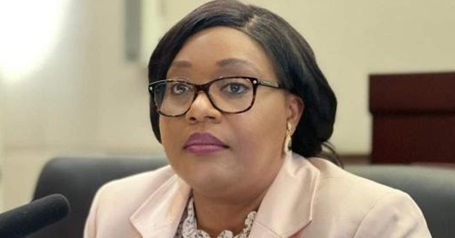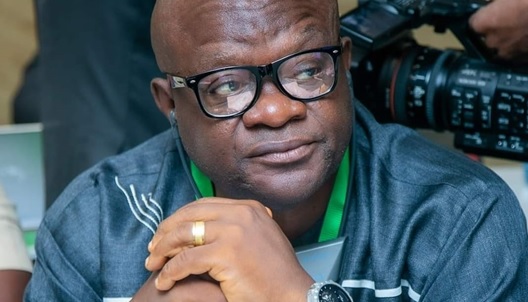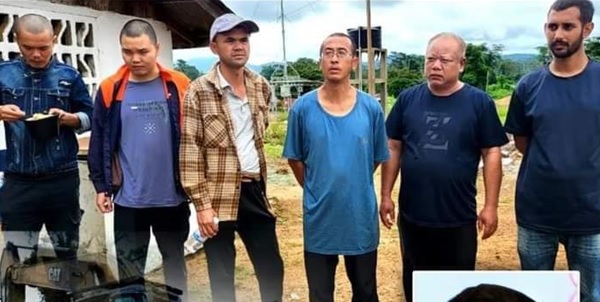MONROVIA – The Ministry of Education’s recent assessment tour has highlighted critical educational disparities in rural Liberia. The evaluation, completed on June 17, 2024, sought to assess both achievements and challenges in the educational system to ensure high-quality education nationwide.
Speaking at a press briefing on July 16, Minister of Education Dr. Jarso Maley Jallah emphasized several pressing issues, including inadequate infrastructure and overcrowded classrooms. These conditions create barriers to effective learning, limiting students’ potential and progress.
A significant concern is the shortage of trained teachers in both basic and secondary education. This shortage is exacerbated by high absenteeism and a reliance on volunteer teachers, which affects the consistency and quality of instruction.
Inadequate seating and poor WASH facilities further contribute to the challenging learning environment. These basic needs are crucial for creating a conducive atmosphere where students can focus and thrive.
Dr. Jallah also highlighted ineffective lesson plans that fail to meet students’ needs, leading to unsatisfactory learning outcomes, especially in literacy and numeracy. The prevalence of overaged students and mismatched placements complicates the situation further.
The report identifies a substantial number of out-of-school children, emphasizing the need for strategies to increase enrollment and retention. Arbitrary transfers of teachers and administrators disrupt continuity and stability within schools.
Resource utilization inefficiencies and minimal accommodation for teachers in rural areas add to the challenges. Dr. Jallah called for impactful policy adjustments, fiscal accountability, and the introduction of biometric ID cards and electronic sign-in systems to enforce ministry policies effectively.
To address these issues, the ministry aims to strengthen public-private partnerships, enhance teacher training, and improve school management. Initiatives include recruiting trained teachers, reducing overcrowding through school construction, and deploying guidance counselors in senior secondary schools.
The ministry plans to conduct joint education sector reviews, initiate annual school censuses, and develop teacher recruitment strategies. A national youth service program and standardized accelerated learning curricula are in development to address educational gaps.
In closing, Dr. Jallah announced a donor conference to secure investments aimed at closing funding gaps and operationalizing the sector plan. The Ministry of Education is dedicated to providing quality education and preparing future leaders capable of contributing to Liberia’s socio-economic growth.
Achieving the Sustainable Development Goals and Vision 2030 requires collective investment in teachers, students, and educational institutions. Dr. Jallah stressed the shared responsibility of parents, communities, and the government in enhancing educational opportunities for all children.







